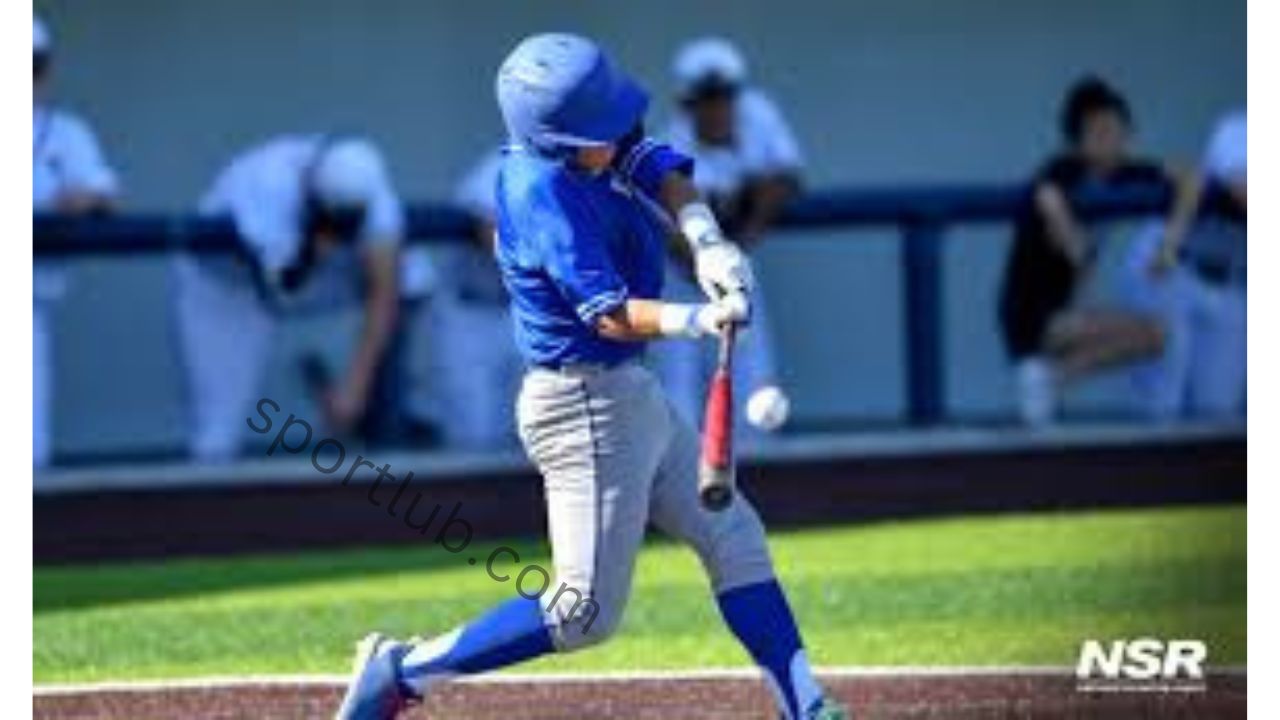Scouting for baseball is a dream job for many baseball enthusiasts. It basically involves reviewing the skills of the players, identifying the cream of the crop, and making recommendations to the teams. That sounds simple, but trust me, becoming a baseball scout is not an easy job. It takes a lot of commitment, knowledge about the game, and networking in the baseball community. Here is the step-by-step guide on how to achieve this. scout for baseball
1. Having a Baseball Scout
A baseball scout is a scout who finds talent in professional or collegiate teams. A baseball scout observes players in games, practice, or showcases to identify how good they are in hitting, pitching, fielding, and base running.
Key Responsibilitiesscout for baseball
Evaluate the talent of a player in hitting, pitching, fielding, and base running.
Write scouting reports with all the information and present to team management.
Contact coaching, training staff, other scouts for further information.
Travel around the region attending different games and tournaments.
Fundamental Skills to Win in scouting
Eagle Eye: Capability of bringing cream of the crop in players.
Analytical Mindset: Physical and mental power profile on and off the field – their composed manner or lack thereof, their gamemanship, among many more.scout for baseball
Communication Skills : to communicate these findings across to the coaches and managements.

2. Building Strong Baseball Ground
One need the following as an efficient scout that knowledge of the game: including rules and strategy to developing players and so on.
a) On Field/Coaching experience
On Field Experience. Experience competitive in baseball teaches about game firsthand.scout for baseball
Coaching Exposure: This is the foremost experience through which one achieves player development and gaining know-how about team functions.
b) Learn About The Game
See how the pros and Amateurs approach their gameplay; therefore, you become aware of tendencies, technical approaches, and strategies, as regards to players.scout for baseball
Read books, attend seminars, and keep track of experts in the field to broaden your knowledge.
3. Get the Right Education
Although formal education is not a requirement to become a baseball scout, it will help boost your credibility and your skill set.
Relevant Degrees
Sports Management: This degree will help in the knowledge of sporting operations, marketing, and management.
Kinesiology: Helps the understanding related to the player’s movements and biomechanics to avoid injury while playing sports.
Business Administration: In handling contracts as well as budget and is useful to communicate with different teams
B) Scout Certifications
Through Major League Baseball Scouting Bureau, or independent scouting schools, one may acquire different certifications. There, he or she is exposed to some basic terms regarding doing scouting that would involve techniques for evaluation, professional ethics, and many others.
4. Building the Scouting Network
Being highly networked itself, baseball offers various opportunities with different players, even coaches and scouting staff.
a) Traveling Around Baseball Events
Attend tournaments, showcases, or combines as an opportunity getting exposed to people.
Develop relationships with scouts and team scouts.scout for baseball
Be a Member of Professional Organizations
Membership in organizations like the PBSF can come in handy in gaining access to tools and networking.
Interact with other scouts through forums, conferences, and online forums.
5. Scout at the Amateur Level
Most scouts first start scouting at the high school or college level. It lets them develop their skills and get experience.
a) Volunteer Scouting
Be available to scout for teams near your residence, schools, or local leagues. Free experience helps build up a resume
Hand in your evaluations for reviews to the coaches or mentors.
b) Portfolio
Have precise records of players scouted along with statistics, strength and what they lack.
Use your portfolio for showing the expertise while getting professional engagements.
6. Professional Scout Positions
Scout through professional or collegiate teams after having huge experience,scout for baseball
a) Scouts and Scouting Jobs Openings
Scout through the internet on a regular basis, scouting teams, in sports journals and magazines for scouting position openings,
Prepare applications with scouting experience and accomplishments as relevant and applicable to each job open
b) Scout Positioning via Internship and Entry Levels
Scouting internships and entry-level scouting position usually work their way up. Consider an internship or entry-level scouting position to step up.
Work hard with a mindset to learn and improve.
7. Familiarize Yourself with the Use of Scouting Tools and Information Technology
The current baseball scouting is highly dependent on technology. Brush up on the tools, software, and other essentials that use them
a) Data Analytics
Learn to analyze player data using Statcast and TrackMan as well as the advanced metrics like WAR, OBP, and ERA+, etc.
b) Video Analysis,scout for baseball
Video recording and video editing will be there to study the particular player’s mechanics on video recording. Use that video recording for the assessment of some weaknesses for improvement.

8. Excellence Reputation
Be that your reputation at a point makes the future of your scouting career. Never compromise about offering true and fair judgement of one.
a) Reliability
Scouting reports should be delivered timely, and an assessment must be broad and well-studied. See that your recommendations are taken forward to the coaches and management, such that it benefits the team in question.
b) Stay Informed
Monitor changes in rankings among players, league regulations and scouting techniques.
Attend seminars and learning programs to stay ahead of the game.scout for baseball
9. Career Ladder Climbing
Once experienced, you should look for a head scout or director of player personnel position in scouting organizations.
.
a) Diversify Skill Sets
Acquire other skills in team management: contract negotiations and player development
Expand your scouting to other world markets.scout for baseball
b) Define Long-Term Objectives
Know where you want to be in 5 or 10 years and work towards those goals.
